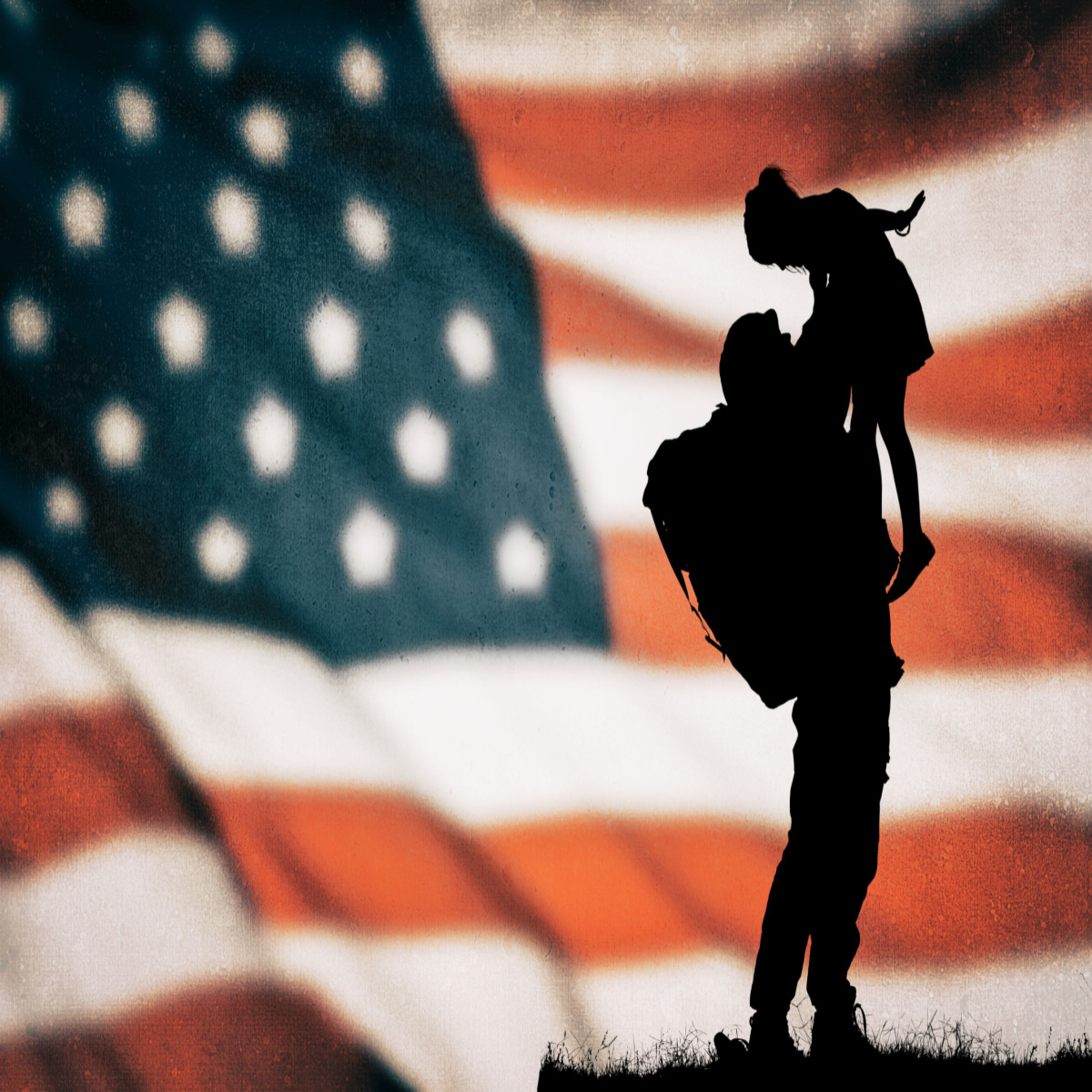Thank You For Your Service
19.6 Million Veterans alive today,
12.4 Million of Those Vets are 65 and older.
Thank You For Your Service
19.6 Million Veterans alive today,
12.4 Million of Those Vets are 65 and older.
VA Community Care
Overview & Options
read between the lines
emotional pain hurts too
knowledge is power
you’re not alone
find comfort
spread the love
Caregivers of Veterans
and Stress
50k+
homeless Veterans
50%
of all Vets with PTSD do not seek treatment
32%
suicide rate of male Vets
Notes from the Author

Accessing Comprehensive Healthcare for Veterans in the USA: A Guide to VA Services
Ensuring that veterans receive the healthcare they need is a critical aspect of fulfilling the nation’s commitment to those who have served in the military. The United States Department of Veterans Affairs (VA) plays a central role in providing comprehensive healthcare services to eligible veterans. In this essay, we will explore the various avenues through which veterans can access care in the USA and shed light on the range of services offered by the VA.
Overview of VA Healthcare
The VA operates one of the largest integrated healthcare systems in the country, comprising hundreds of medical centers, outpatient clinics, and community-based outpatient clinics. This vast network ensures that veterans, regardless of their location, have access to a range of medical services, from routine check-ups to specialized care.
Eligibility Criteria
To access VA healthcare, veterans must meet specific eligibility criteria, which generally include having served in the active military, naval, or air service and receiving an honorable discharge. The VA considers factors such as the length of service, the nature of discharge, and service-related disabilities when determining eligibility.
Enrollment Process
Veterans eligible for VA healthcare must complete the enrollment process to become beneficiaries of the services. The VA provides an online application process through their website, allowing veterans to apply for enrollment and receive guidance on eligibility criteria. Additionally, veterans can visit local VA facilities to seek assistance with the enrollment process.
Primary Care Services
Once enrolled, veterans gain access to a comprehensive range of primary care services offered by the VA. These services include preventive care, health screenings, immunizations, and treatment for common illnesses. Veterans can schedule appointments with their primary care providers at VA medical facilities or through telehealth services, ensuring convenient access to healthcare resources.
Specialized Care and Mental Health Services
The VA is equipped to provide specialized care for veterans with service-connected disabilities, including prosthetics, orthopedics, and rehabilitation services. Furthermore, recognizing the importance of mental health, the VA offers extensive mental health services, including counseling, therapy, and support for veterans experiencing post-traumatic stress disorder (PTSD) or other mental health challenges.
Community Care Programs
In instances where veterans reside in remote areas or face challenges accessing VA facilities, the Community Care Program comes into play. This initiative allows eligible veterans to receive healthcare services from non-VA providers within their communities. The VA covers the cost of these services, ensuring veterans receive the care they need even if a VA facility is not nearby.
Emergency Care and Urgent Services
The VA also provides emergency care services for veterans facing life-threatening situations. Veterans can seek emergency care at any VA facility without prior authorization. Additionally, the VA’s Urgent Care benefit allows veterans to receive urgent care services from authorized non-VA providers without pre-authorization, ensuring timely access to necessary healthcare.
Accessing healthcare for veterans in the USA involves navigating the comprehensive system provided by the Department of Veterans Affairs. From primary care to specialized services, mental health support to community care programs, the VA strives to fulfill its commitment to those who have served. By understanding the eligibility criteria and utilizing the various resources available, veterans can access the healthcare they need and rightfully deserve. As a veteran administration counselor, it is crucial to guide veterans through this process, ensuring they receive the care that honors their service to the nation.
Monica Stynchula – CEO / REUNIONCare, Inc.













